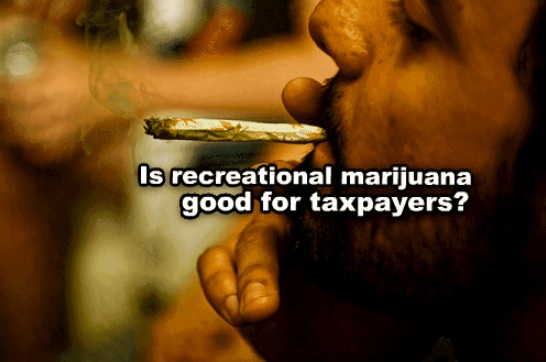The District of Columbia took a major step this week on the path to decriminalizing marijuana. On Jan. 15, a city council panel approved a measure that would reduce penalties for possessing less than 28 grams of marijuana to a fine, likely only $25.
If the full council passes the measure, the capitol of the United States will join 15 states and a handful of cities that have decriminalized marijuana use.
As Washington, D.C. possibly moves towards decriminalization, the question must be asked: should other U.S. cities and states follow suit?
Colorado captured national media headlines on New Year’s Day as recreational marijuana officially became legal. The state charges nearly 20 percent taxes on the weed, making it a costly “hobby” while benefiting the state with each purchase.
In the state of Washington, recreational marijuana retail stores should begin opening up to the public in the spring of 2014. Currently, however, even though there is no way to legally buy pot, possession and use of a limited amount of weed is not against Washington state law.
So, the question is, who’s next? The District of Columbia? Some states, like Alabama, seem far away from any decriminalization of marijuana. In fact, the possession of any amount of marijuana in Alabama for personal use carries the penalty of Class A Misdemeanor, with a maximum of one year in prison and a $6,000 fine.
Sale in Alabama? A Class B Felony worth a minimum sentence of two years and a maximum of 20 years and $30,000. (Sale to a minor could land you behind bars for life with a $60,000 fine.)
Before you completely dismiss the idea of legalizing marijuana, consider why many lawmakers are hesitant to shoot down the movement. For example, according to a recent Huffington Post article, Washington State’s legalization is estimated to generate $500 million in additional tax revenue. Colorado is also “seeing green,” with legalization estimated to create $60 million for the state in combined savings and additional tax revenue.
According to the article, inmates incarcerated on marijuana-related charges cost U.S. prisons $1 billion annually, while enforcing the prohibition of marijuana costs taxpayers in the U.S. $41.8 billion per year.
So, is it time for more states to decriminalize weed? As attorneys in Alabama, we see some of the harshest penalties in the country here in our own backyard.
We would like to hear what your thoughts. Would legalization benefit states and cities financially? Or, is the drug still unfit to be legally consumed, regardless of the costs to taxpayers?
